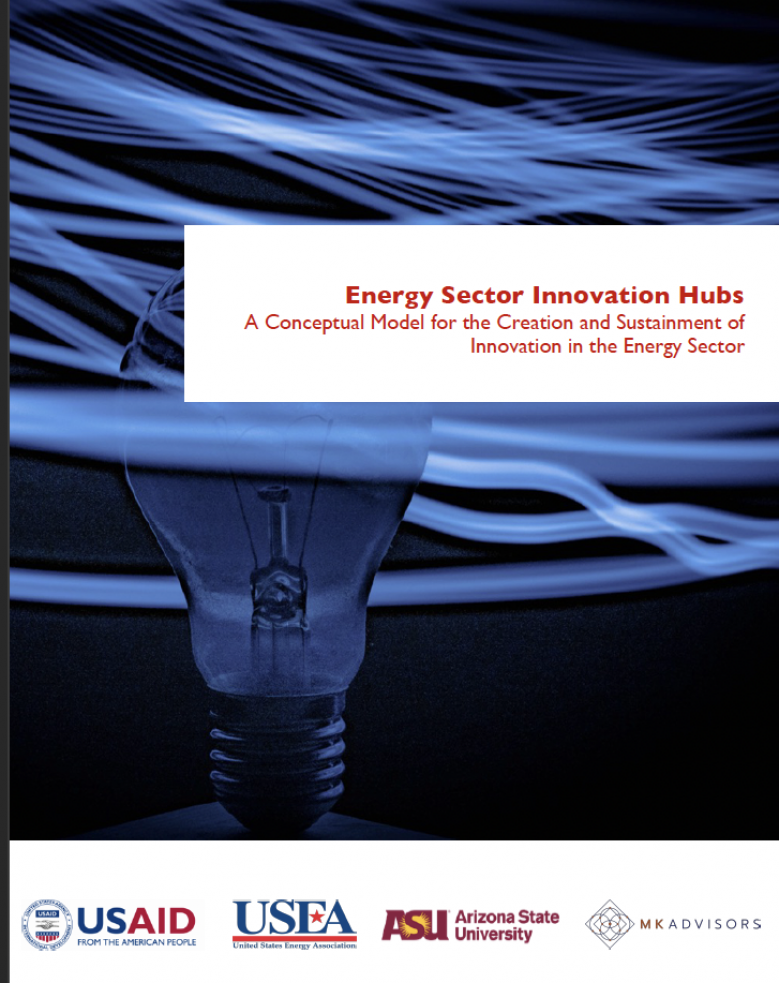The energy sector faces complex challenges that can only be solved through the collaboration of multiple stakeholders from all facets of the energy ecosystem. Examples of such challenges are increased resilience of the electric power system to natural disasters, decarbonizing energy, enabling energy access and equity to all, facilitating economic development by enhancing grid reliability and power quality, protecting energy security against the effects of global fuel shortages and price spikes, and meeting all these challenges using a viable business model that promotes sustained growth. Such grand challenges cannot be resolved by individual stakeholders, yet often we do not have a systematic means of structuring and fostering collaboration to spur the required cross-sector innovation.
Innovation Hubs provide new ways to understand stakeholder needs and challenges, foster co-creation of ideas to action, develop value propositions that unlock new benefits to all stakeholders, incubate and accelerate ideas, foster policy innovation, design and implement pilots, enhance access to finance, and provide a rigorous process to deliver outcomes. Innovation Hubs provide a collaborative structure for the development and application of entrepreneurship and innovation to the energy sector. Innovation Hubs may include a mix of local and international collaborators, as shown in Figure 1, to address target scope and goals. Innovation Hubs can be implemented both by countries and regions to operate as stand-alone, self-sustaining enterprises with networks and resources to synergize with existing development initiatives.
| Attachment | Size |
|---|---|
| 1.36 MB |


